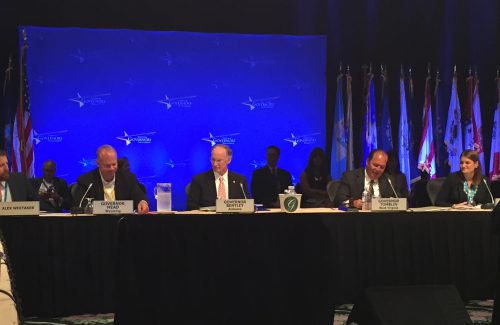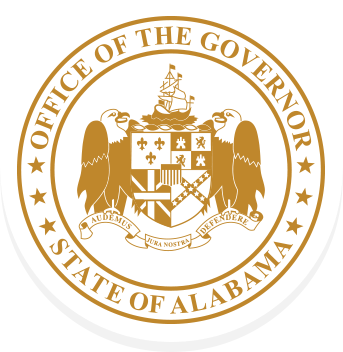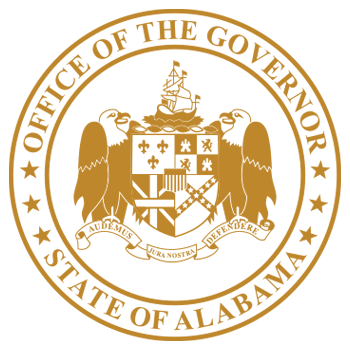Governor Bentley Signs Compact to Fight Opioid Addiction

By: Governor’s Press Office and National Governors Association
MONTGOMERY (Governor’s Office) – Governor Robert Bentley on Wednesday joined forty-five other states’ governors in signing the Compact to Fight Opioid Addiction, developed by and released through the National Governors Association (NGA).
By signing the compact, governors are agreeing to increase efforts to fight the opioid epidemic with new steps to reduce inappropriate prescribing, change the nation’s understanding of opioids and addiction and ensure a pathway to recovery for individuals suffering from addiction.
In Alabama, 723 people died in 2014 of all drug overdoses, up from 598 in 2013. The use of opioid pain relievers such as OxyContin, Percocet, and Lortab has been especially common in Alabama. Governor Bentley has signed into law several bills in recent years to fight drug abuse and in particular, opioid abuse.
“Opioid addiction is an epidemic that is too prevalent in Alabama and across the country,” Governor Bentley said. “I am proud to sign the Compact to Fight Opioid Addiction and look forward to joining with other states to expand the fight against opioid addiction in the United States.”
This marks the first time in more than 10 years that governors have developed a compact through NGA to spur coordinated action on an urgent national issue.
“Bringing governors together around core strategies to end the opioid epidemic adds momentum behind state efforts and sends a clear signal to opioid prescribers and others whose leadership is critical to saving lives,” said Massachusetts Gov. Charlie Baker, chair of the NGA Health and Human Services Committee. “Massachusetts is proud to bring our plans to the table for other states as we work collaboratively to find meaningful solutions to this public health crisis.”
The compact stems from a resolution governors passed in February at their Winter Meeting, where they outlined the need for federal action to support states and collaboration from the private sector, particularly when it comes to reducing inappropriate opioid prescribing, a key driver of an epidemic that claims the lives of roughly 78 Americans every day. Though the discussion focused on opioid prescribing guidelines, governors agreed that broader collective action is needed to address all of the factors contributing to the crisis.
The National Governors Association summer meeting begins tomorrow in Des Moines, Iowa. On Friday, they will host a session on opioid abuse with U.S. Health and Human Services Secretary Sylvia Mathews Burwell and representatives from the Drug Enforcement Agency and National Academy of Medicine, as well as state experts.
At the 2017 Winter Meeting in Washington, D.C., NGA will report on specific steps governors have taken to meet their commitments and build on existing efforts.
###
Provided by the Office of the Governor of Alabama | governor.alabama.gov

